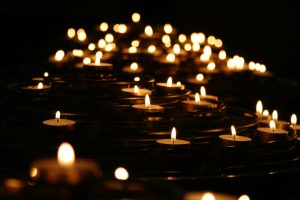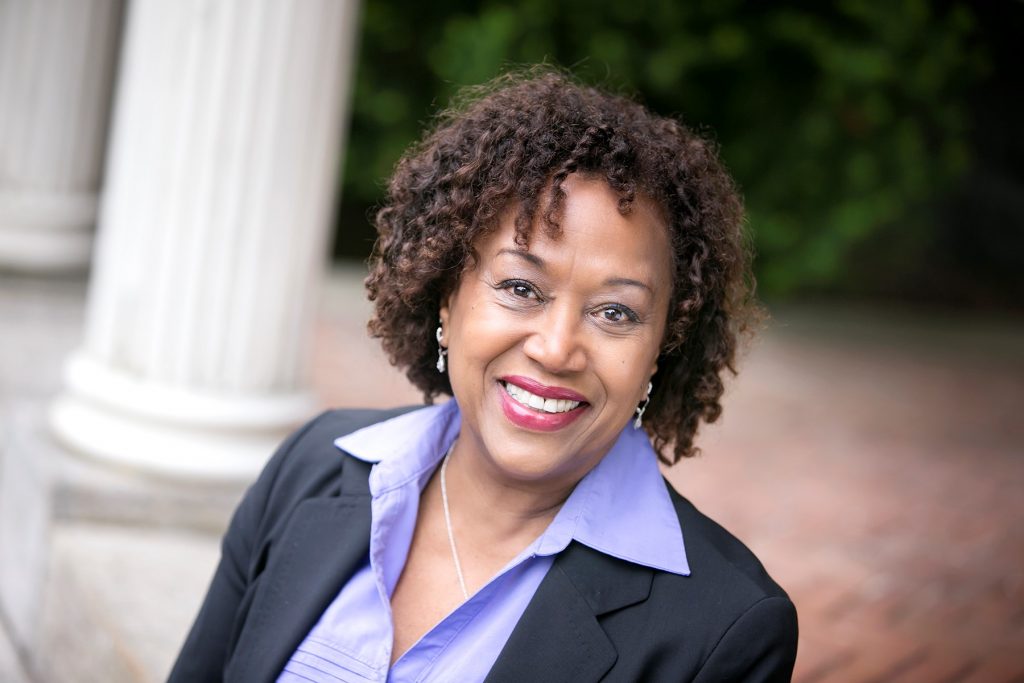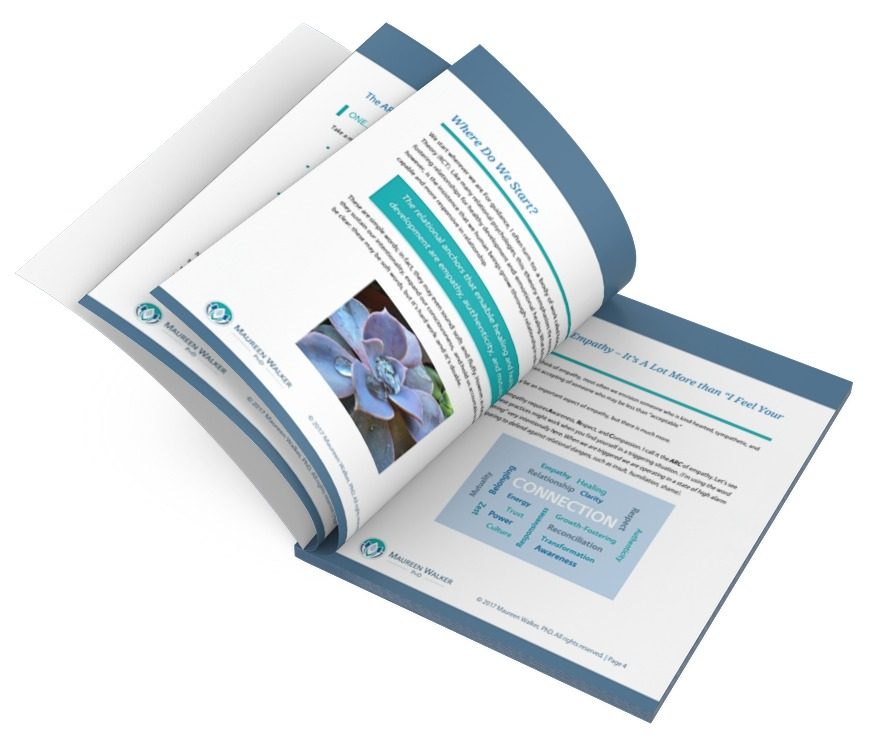Part of the legacy of growing up in a scripture-rich environment is that I sometimes find myself totally captivated by a vivid image. As I was reflecting on the past year, it was this image that came to mind:
“By the waters of Babylon, there we sat down, and we wept when we remembered Zion.
In the midst of it all we hung our harps upon the willows…
They that carried us away captive required of us a song. They wanted us to sing of joy. “Sing to us,” they demanded…”
For those of us living in the 21st century, it may well be impossible to understand the full import of this lament to the exiled tribes of 7 BCE. But I do get this much: authentic lamentation is a portal to liberation. Post-election 2016, many of us have felt exiled in our own country, and quite honestly, many of us have wished to exile the “Others”. We have wept and wailed. We have spewed outrage, and we have at times been shocked into silence. We have recoiled at the demand to conflate racism with patriotism, nativism with “greatness”, and gratitude with dumb denial. The “insolence of office” is fully embodied by this 45th administration, the figurehead of which demands paeans of glory. All too often he receives them from those who hide behind his malfeasance. Stunningly, and against all known standards of scientific integrity, even his hand-picked doctor has joined the chorus, making a public announcement that our naked Emperor is actually wearing quite a fine suit of clothes.
Post-election 2016, the demand from the Emperor is clear: the price of full inclusion is that we deny knowing what we know, that we refuse to grapple with the contradictions that have always defined our democratic ideals. The reality of this 21st-century exile is smartly captured in a question posed by a twenty-something African American male: “Can I love my country and not want to be killed by the police?” The answer has to be a resounding “Yes!” We are able to get to “yes” when we move through authentic grief toward a spirituality of hope.
Authentic Grief: Getting to Yes and the Spirituality of Hope
Authentic grief always involves grappling with the difficulties of truth-telling, a process that most fully unfolds in the crucible of relationship. Being in a truth-telling relationship enables us to see through the many guises of faux grief. Faux grief can be self-flagellating and self-congratulatory at the same time. It can enshroud us in victimhood or cloak us in self-righteousness. To use another scriptural allusion, faux grief allows us to focus on the speck of sawdust in the Other’s eye, and pay no attention to the mote in our own. Faux grief provides protective cover when we profess outrage at the injustices perpetrated “out there,” but remain silent when those injustices serve our own interests. I am reminded of a woman who participated in one of my antiracism workshops several years ago. She spoke (I believe with complete sincerity) about her sadness over the “racism that happens in the South.” She then added that there was no problem with racism in her state, because “there were no black people there.” Well, wrong on two counts: there have always been black people in North Dakota, and black people aren’t the cause of racism. That said, I confess: it took me more than a few minutes to work through my own protective cover of bemusement. It was initially easier to view her from an “elevated” distance of amusement, than to enter more courageously into the relational space that where our separate and interrelated truths might be revealed.
Truth-telling, in a space of relational lamentation and public protest, destabilizes unjust systems of power. To paraphrase theologians Walter Brueggemann and Walter Wink, the “powers” have no tolerance for authentic grief. It will almost always be met with mockery (“What do they have to complain about?”) or threats of extrusion (“Fire the SOB’s.”) Relational truth-telling and grief may emanate from exile, and it is from this space that transformational possibilities emerge. It is from this space of exile that we begin to seek and search: to begin forging pathways toward hope.
Seeking and Searching: How Do We Define Ourselves?
Seeking and searching necessarily raises the big questions. How will we define ourselves during this period of exile? Taking a cue from journalist Sebastian Junger and activist/media mogul Oprah Winfrey, one of the more important questions we might ask ourselves this year is “Who is in our tribe?” It has become quite trendy to talk about tribes these days, and I think that’s a good thing. It is good because the tribe question leads us to ask follow-up questions:
- Who do we want to become a member of our tribe?
- Who can never be?
- What do we hope to gain by being included in a tribe?
- What are we willing to give up to be included in a tribe?
Asking those questions about tribes puts flesh onto abstract psychological theory. We know that humans are relational beings. That we are wired to grow and thrive in relationship is a topic that has been researched, replicated, and now roundly acknowledged. In fact, we mammals depend on tribal affiliation for our very survival, so much so that even the threat of extrusion causes real pain. Unlike sea turtles, we have mammalian brains that enable us (most of us) to bond with our young, rather than scurry away. (No disrespect to sea turtles intended.) However, the way we enact our tribal affiliations is often very different from what we say about those bonds. We tend to speak about tribes in broad terms, but our behavior is far more differentiated.
Despite what we may say, the way we do tribe reveals our aspirations, our hatreds, our fears, and our deepest values. For example, we collectively went through a period of what is now called “second-wave feminism.” During this particular period, the preferred narratives marked “women” as a monolithic tribe. There were many beneficial aspects of the movement for some women, but there was also an obfuscating tendency to talk about the movement as if it included all women. Further, there was an undeniably essentialist implication that the world would be in better shape if it were run by the tribe called women. It wasn’t true then and it isn’t true now. As scholar Joan Acker often put it, people in female bodies are fully capable of harboring, promulgating, and enacting oppressive agendas. How else might we explain the determination of Representative Virginia Foxx to use her power as Chairwoman of the Committee on Workforce and Education to dismantle protections for Americans living with disabilities? Perhaps it is these enactments that most vividly enflesh such constructs as intersectionality. Perhaps they make manifest those values, allegiances, and longings that perhaps we dare not speak. We do need to ask good questions about tribal allegiances when 63% of white women voters in Alabama choose to support a man whose sexually predatory behavior toward children is well documented, if not indicted. (I mean, really, no shopkeeper wants to ban a shopper from the marketplace.) Speaking of intersectionality, what tribal longings enable Sarah Huckabee Sanders to rise every morning and ply her trade without gagging on her words?
Goodness knows there has been no lack of analysis to explain our tribal behavior over the past year. One thing is clear: when our longings are organized around fear, we become smaller versions of ourselves. We become obsessed with status and scarcity; we define possibility through the vector of zero-sum thinking. In other words, if you win, I lose. It is probably this kind of fear-based longing that causes people to vote against their own best interest: (i.e. since they have been convinced there isn’t enough to go around for their tribe, they want to make sure the “Other” tribe gets less than they, even if it means hurting themselves in the process.) By the way, if we need a bit of reassurance, we might consider the words of a Methodist evangelist I once heard: “The universe is bountiful with blessings of all kinds. Nobody can take the last one.”
Mina Cikara, a Harvard University professor puts it this way: “When you start fearing others, your circle of who you counted as friends is going to shrink.” Those outside the circle are deemed less worthy of trust and less deserving of resources. Her research further shows that greater empathy toward one’s “tribe” translates into greater aggression toward the out-group. In fact, one of her research findings was that “their” pain gives “us” pleasure. Ugh. And here we have the shadow side of empathy. Here we have the painful contradictions inherent to relational truth-telling. And here we begin our journey toward a spirituality of hope.
In his reflections on the poetry of Virginia Stafford, Parker Palmer wrote that hope is the place where joy meets struggle. There is nothing Pollyanna-ish about a spirituality of hope. Having come from a cultural tradition of “making a way out of no way,” I know that pathways to new possibilities cannot be built on flimsy fantasy or happy denial. (In fact, I happen to think that “Don’t Worry, Be Happy” is one of the dumbest songs ever written or sung…and no disrespect to Mr. McFerrin ?). Making a way out of no way is to fully acknowledge the struggle and to choose not to be defined by it.
It is to refuse to surrender to demands that we sing, clap, dance, and be happy – all in service of normalizing injustice, incompetence, and indecency.
It is to stand for something, not just stand against.
It is to grieve openly and generously with others.
Making a way out of no way is an acclamation that grief does not make us “less than;” rather, our broken-heartedness may be an opening, a portal to new ways of living our humanity. A spirituality of hope is what we do with others, and the doing may begin with these courageous questions:
- Who is in our tribe…really?
- Whom do we try to hold in, and whom do we try to keep out?
- What is the nature of the values and aspirations that we attach to tribal belonging?
- How might our tribes be re-membered?
Asking these questions is just one step in moving toward a spirituality of hope. There are many others, but let’s begin here. Now.





What a beautiful piece. Lots of food for thought for everyone
Thank you so much Donna.
I am so happy this piece spoke to you! Thank you. Also, I am so glad you are asking those questions too. These are definitely difficult times. Thank you for sharing you experience too. you are so right. Intention is a powerful clarifier.
So much to TRY to say in appreciation of your piece Maureen. So many great insights articulated so clearly that I wanted to ‘cut’ nearly every other sentence (OK—maybe EVERY sentence) and ‘paste’ these into my “Quotable Quotes” folder! But for now, as Meister Eckart stated “If the only prayer you ever say in life is ‘Thank You,” that is sufficient.” So for now, THANK YOU THANK YOU THANK YOU!” I look forward to the next hopeful and hope-filled installment!?